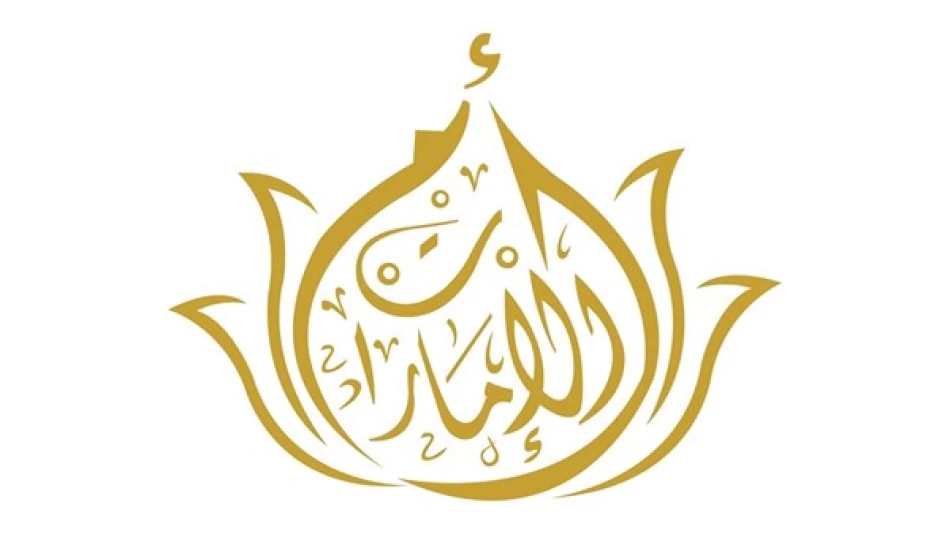
Women's Union Launches 'Planting for Sustainability' Initiative
UAE Launches Major Initiative to Position Women at the Heart of Agricultural Innovation
The United Arab Emirates has unveiled an ambitious nationwide program that could reshape the country's agricultural landscape by empowering women to lead sustainable farming ventures. The "We Plant for Sustainability" initiative, backed by 17 strategic partners and targeting over 11,000 beneficiaries, represents a bold bet on female entrepreneurship as a driver of food security and economic diversification.
A Strategic Response to Regional Food Security Challenges
The initiative comes at a critical time for the Gulf region, where food security concerns have intensified following global supply chain disruptions and climate pressures. Unlike traditional agricultural programs that focus primarily on technology or funding, this approach places women at the center of agricultural transformation—a strategy that mirrors successful models in countries like Rwanda and Kenya, where female farmers have driven remarkable productivity gains.
Sheikha Fatima bint Mubarak, known as the "Mother of the UAE," emphasized that women's empowerment in sustainable agriculture represents a strategic direction for the country's development journey. The initiative extends beyond farming to encompass smart agriculture and green economy sectors, providing knowledge and technical enablers for women to lead innovative agricultural projects.
Comprehensive Framework Targets Systemic Change
Scale and Scope
The program's ambitious scope includes 35 projects across three main pillars: training and development, agricultural production innovation, and sustainable agricultural development. With over 440 training workshops planned and 190 supported licenses to be issued, the initiative demonstrates a comprehensive approach to sector transformation.
This scale suggests the UAE is treating agricultural diversification as seriously as it once approached financial services or tourism development. The involvement of federal and local entities, alongside private sector partners, indicates institutional commitment that extends beyond symbolic gestures.
Integration with National Priorities
The initiative directly supports the recently launched "Grow Emirates" national program from October 2024, creating synergies between women's empowerment and broader food security objectives. This alignment with UAE Vision 2031 and the National Women's Empowerment Policy demonstrates strategic coherence often missing in government initiatives.
Economic and Market Implications
For investors and businesses, this initiative signals several important trends. First, the UAE is serious about reducing food import dependency—currently estimated at over 85% of total consumption. Second, the focus on women entrepreneurs could unlock previously untapped human capital in a region where female workforce participation has historically lagged global averages.
The involvement of entities like Khalifa Fund for Enterprise Development and Silal, a major food security company, suggests concrete financial backing rather than merely aspirational programming. This could create new market opportunities in agricultural technology, training services, and supply chain development.
Regional Context and Global Trends
The UAE's approach contrasts with neighboring countries that have focused primarily on large-scale industrial agriculture or foreign land acquisitions. By emphasizing local capacity building through women's entrepreneurship, the Emirates is betting on a more sustainable and politically resilient model.
This strategy aligns with global trends showing women farmers often achieve higher productivity per hectare than their male counterparts when given equal access to resources and training. Countries like Vietnam and Bangladesh have seen significant agricultural growth by specifically targeting female farmers with support programs.
Implementation Challenges and Success Factors
The initiative's success will likely depend on several critical factors. Cultural acceptance of women in agricultural leadership roles, access to land and water resources, and integration with existing supply chains will all influence outcomes. The UAE's advantage lies in its strong institutional capacity and financial resources, but desert agriculture remains technically challenging regardless of the entrepreneur's gender.
The emphasis on smart agriculture and organic farming techniques suggests recognition that traditional farming methods won't suffice in the UAE's harsh climate. Success will require combining traditional agricultural knowledge with cutting-edge technology—an approach that could position the UAE as a model for other arid regions globally.
Long-term Strategic Vision
Beyond immediate food security benefits, this initiative positions the UAE to become a regional hub for agricultural innovation and women's entrepreneurship. If successful, the model could be exported to other Gulf states and emerging markets, creating new diplomatic and economic opportunities.
The integration of environmental sustainability with economic empowerment also addresses growing international pressure for climate-conscious development. This dual focus could enhance the UAE's reputation as a forward-thinking nation, supporting its broader economic diversification goals.
The "We Plant for Sustainability" initiative represents more than agricultural policy—it's a comprehensive bet on human capital development as a foundation for economic resilience. Whether this approach can deliver measurable results in food security and women's economic participation will be closely watched by policymakers across the developing world.
Most Viewed News

 Layla Al Mansoori
Layla Al Mansoori






